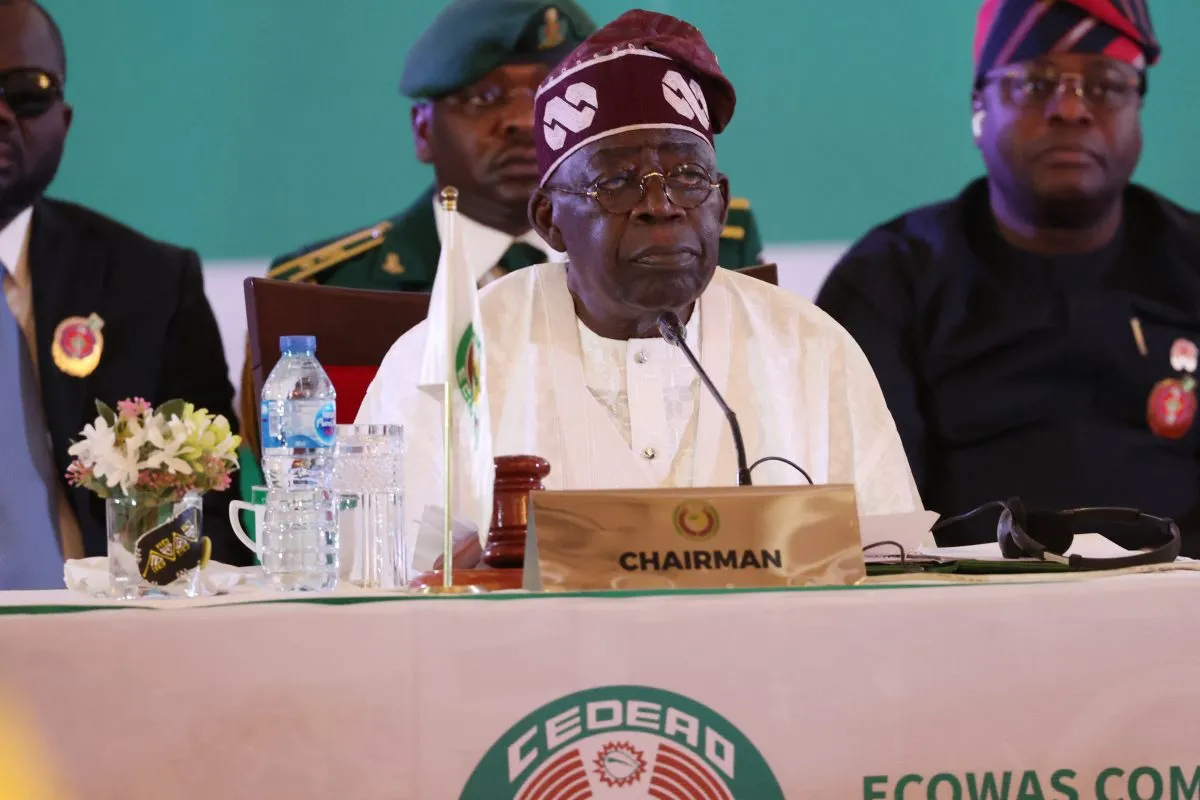One of the major challenges that Nigerian President Bola Tinubu took upon himself on assuming office was to reform the country’s tax system. With more than 60 applicable taxes in the country, navigating them is often the investor’s nightmare.
Tinubu’s stated aim was to pare down their number to single digits. This would make the taxes simpler to understand and easier to pay. With improved ease of doing business, more companies would be expected to open up, growing tax revenue in the long run. It is a strategy that worked for Tinubu morethan two decades ago while he was the governor of Lagos State, which includes Nigeria’s sprawling metropolis of more than 15m people. Improved tax revenue became the foundation for bond issues that helped fund the city’s metro project.
For decades, oil has been Nigeria’s leading export, accounting for most government revenue. But with declining oil revenues the government is increasingly looking to tax to fund its activities. Oil production totalled an average of 1.3m barrels per day between 2021 and 2024, compared with peak outputs of 2.5m barrels per day two decades ago.
Ambitious reforms
Four bills sent by Tinubu to lawmakers last year capture the size and scope of the intended reforms. They include an umbrella Nigeria Tax Bill that consolidates the tax laws, a Nigerian Tax Administration Bill, a bill establishing the Nigerian Revenue Service to replace the existing Federal Inland Revenue Service (FIRS), and legislation to create a Joint Revenue Board to enable the federal and state governments to jointly oversee taxes.
The Nigeria Tax Bill brings under one roof an assortment of 11 previous laws that will then be repealed. It raises the cut-off mark for low-income earners who should be exempt from tax to 800,000 naira ($530) per year. The threshold below which low tax rates apply was extended to 50m naira ($33,400) from the previous limit of 3.2m naira; a 25% rate will now apply to those with income above this new threshold.
A similar relief is extended to small businesses, with only those earning more than 50m naira a year in revenue required to pay tax. Corporate tax is also reduced to 25% from 30% for medium-sized and large enterprises. The multiple levies that added another 4% to taxes are reduced to a 2.5% single levy, to be dedicated to funding student loans from 2030.
Revenue sharing headache
What Tinubu probably didn’t reckon with was the politics of revenue sharing. Among the contentious aspects of reform is the proposal in the bill to change the way some taxes that go to a federal pool, such as value-added tax, are shared among the tiers of government.
Under the current formula 20% of the pooled funds are given to states based on their contributions, 30% are shared according to the population of each state and 50% are shared equally to all the states. Tinubu proposes to give states 60% of the revenue they generate, and to share 20% based on their populations and another 20% equally between all states.
The old formula meant that Lagos State, which hosts Nigeria’s commercial capital and biggest city, contributed 2.27 trillion naira, more than half of the national pool for value-added tax in 2024, but received only 460bn naira. Rivers State, home to major oil and gas operations, contributed 832.7bn naira and received 188.7bn naira.
Conversely, Kano State contributed 77.8bn and received 117.2bn naira. Some states such as Cross River, Kebbi, Abia and Imo received between five and ten times their contributions.
“These reforms reflect a commitment to equity, efficiency, and sustainable development,” said Taiwo Oyedele, Tinubu’s tax adviser and chairman of the presidential committee that proposed the changes.
“VAT revenue will be distributed among states based on an equitable model to reward economic contributions.”
However, more states from the country’s mainly Muslim north appeared likely to lose out under the new dispensation, accounting for the regional pattern of opposition to the reform bills. The pushback in the region has been vehement, with political officeholders and community leaders leading the opposition. While the north has Nigeria’s highest poverty rate – more than 80% of its population – taxes help to fund elite-led bureaucracies.
“The north lacks the industrial base to withstand these reforms compared to other regions,” Mohammed Zulum, governor of Borno State in the northeast, said in a recent interview, citing the region’s over-reliance on subsistence agriculture.
“These bills will drag the north backward.”
The 36 state governors consulted among themselves and have proffered an alternative sharing plan, seeking a common ground between supporters and opponents. They plan to have 50% of the funds shared equally, 30% shared according to contributions, and 20% shared based on population. This has failed to satisfy those states that make the lion’s share of tax contributions.
Investors also targeted under tax reforms
Tinubu’s administration has extended its reforms to the structure and application of the withholding tax law. Foreigners investing in Nigerian bonds and stocks are now required to pay a higher withholding tax rate of 15%. Domestic investors are to pay 5% for professional services and 2% for goods and construction services, as against the 10% previously paid by both foreign and domestic investors. Not requiring any legislation, these new rules were put into effect on 1 January by the Federal Inland Revenue Service.
Nigerian residents who receive lottery winnings will pay a 5% tax, while foreigners will pay 10%, replacing the old regulation made in 1997 that excluded them. The only transactions exempt from withholding tax are those done “across-the-counter” – where parties should not have any pre-existing or established contractual relationship, and payment should be made immediately, in cash or electronically – and insurance premiums. Also not required to pay are businesses that have annual gross sales of less than 25m naira and those making transactions under 2m naira.
“The review was necessary to address the increasing complexities in the tax system and to update the rates to reflect modern economic activities, such as the growing influence of the entertainment and technology sectors,” Olufemi Olarinde, who is in charge of fiscal and tax reforms at the FIRS, said in a statement.
The reforms also align Nigeria’s tax rules with international trends, he said. All of those reforms are less contentious than the new revenue-sharing mechanism. The biggest hurdle standing between the government and its proposed changes is getting enough lawmakers to line up behind that plan. Negotiations to chart a way forward with the bills are now going on at committee levels in the legislature.
For Tinubu, pushing ahead with legislation that is unpopular in the north, the region that gave him the most votes in his 2023 election, carries significant political risk, especially if he hopes to seek re-election in two years. As Governor Zulum said: “He secured 60% of his votes in the north, and this should not be ignored.”
Want to continue reading? Subscribe today.
You've read all your free articles for this month! Subscribe now to enjoy full access to our content.
Digital Monthly
£8.00 / month
Receive full unlimited access to our articles, opinions, podcasts and more.
Digital Yearly
£70.00 / year
Our best value offer - save £26 and gain access to all of our digital content for an entire year!

 Sign in with Google
Sign in with Google 



